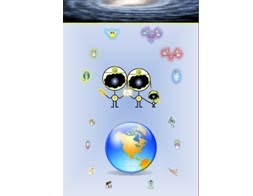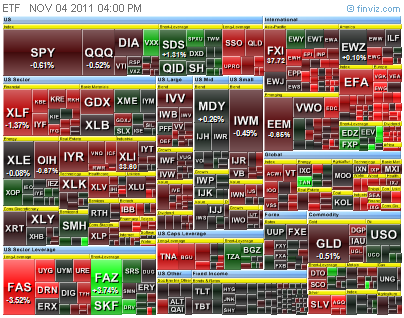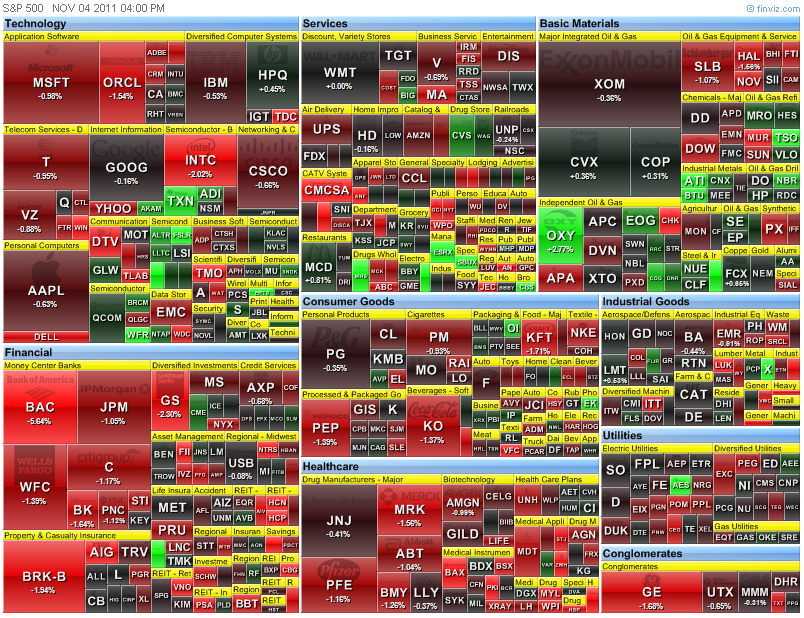Jim Rohn been mentioned that most homes valued over USD500K in the US have a library. Does it tell us something? Do you think that these people read first and get the house later or the other way round?
Reading good books is just like finding giants who allow us to stand on their shoulders, to get more ideas, see further, think deeper and broader, etc... Which can eliminate lots of trail and error in life.
Take for example, in the book "Buffettology", it reveals that Warren Buffett had put education in priority and perosnally spent time to educate his grand-daugthers, at the age of 10, in investment. And that these children can select stocks that out-perform the wall street professionals.
Well, as most public are not so lucky to born into those billionaire home where they can have private education on certain subjects that lead them to easier success in certain aspect of life. Therefore, one good way to over come this challenge is to read lot of good books. As this is fully within his personal control.
For the question as which book is good and which is not... One could easily tell, after he read a couple of them...
Here are some classic that are surely good one(on the aspect of Personal Development):-
* The Power of Subconscious Mind - Joseph Murphy
* Think and Grow Rich - Napoleon Hill
* Master Key System - Charles Haanel
* The Secret of the Ages - Robert Collier
* Release Your Break! - James Newman
* Your First 100 Million - Daniel Peña
* Psycho-Cybernetics - Maxwell Maltz
* Silva Method - José Silva
* You Were Born Rich - Bob Proctor
* The Magic of Believing - Claude M. Bristol
* The Magic of Thinking Big - David Schwartz
* As a Man Thinketh - James Allen (Attached Below)
* The Art of Exceptinal Living - Jim Rohn
* 7 Strategies for WEALTH & HAPPINESS - Jim Rohn
* Mentored by a Millionaire - Steven K. Scott
* The Power of Intention - Wayne W. Dyer
* Mind Power - John Kehoe
* The Genie within - Your Subconscious Mind - How it works and how to use it. - Harry Carpenter
* Beyond Positive Thinking - Dr. Robert Anthony
* The Secret - Rhonda Byrne
* The 7 Habits of Highly Effective People - Stephen R. Covey

Due to some issue in browsers compatibility, if you can not see the picture book below, click on the link:->
As a Man Thinketh (Picture Book) (PDF version)
Continue: Why do we need to read lots of good books?
"People often say that motivation doesn't last.
Well, neither does bathing— that's why
we recommend it daily."
— Zig Ziglar
------------------------------------------------------------------------------
Added on 14 Apr 2013. Picture found on facebook
------------------------------------------------------------------------------
Added on 18 Jan 2014. Picture found on facebook
------------------------------------------------------------------------------
Added on 14 Apr 2013. Picture found on facebook
Make sure to install good software. :-)
Added on 18 Jan 2014. Picture found on facebook






.jpg)











